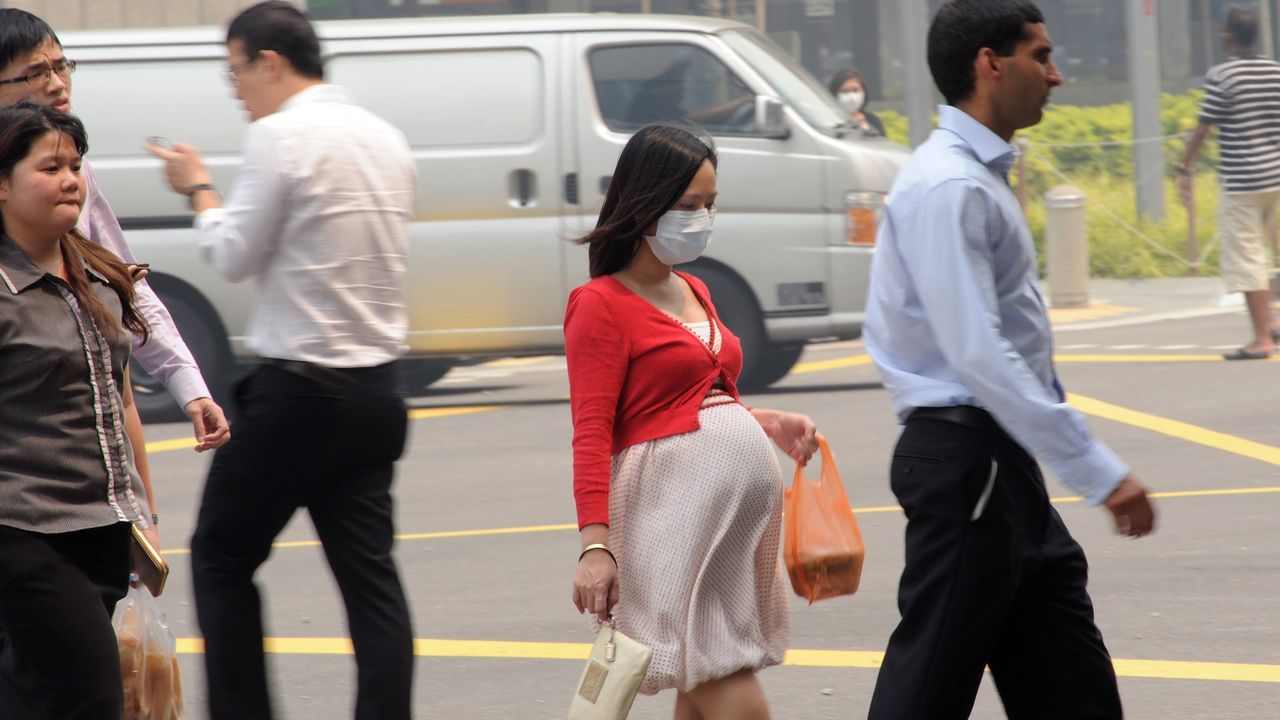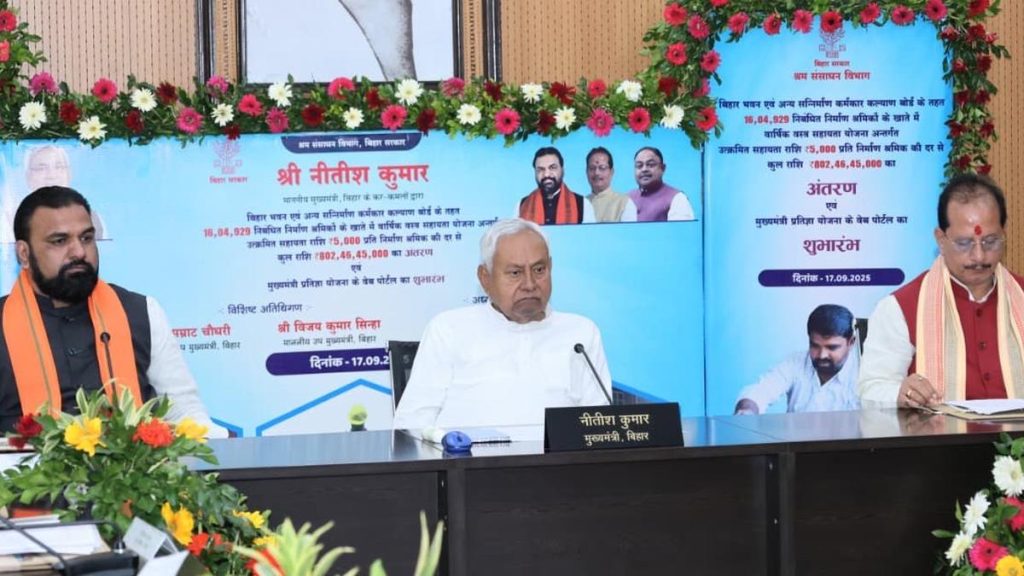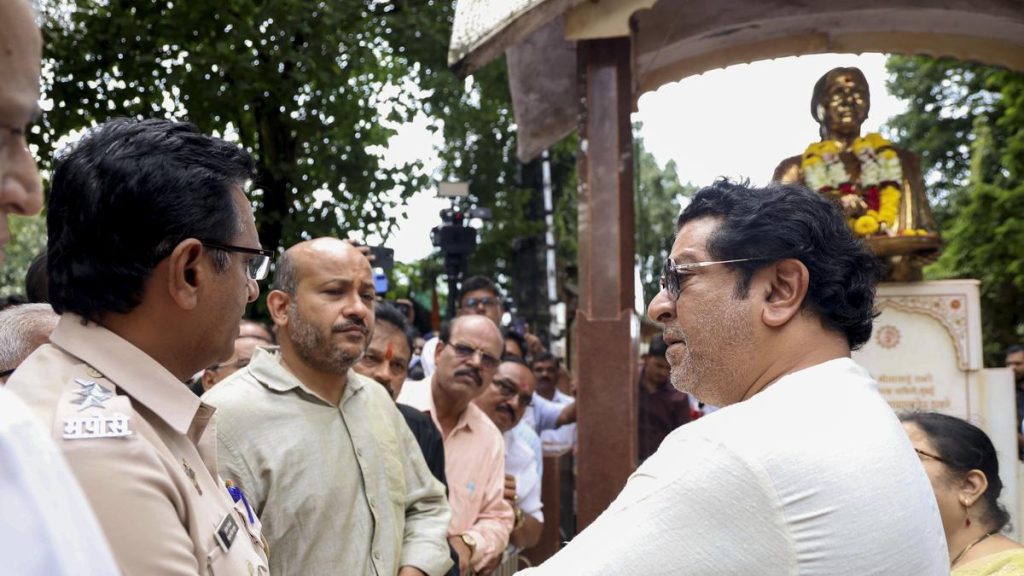Now Reading: Short-Term Air Pollution Exposure Linked to Placental Inflammation: Study
-
01
Short-Term Air Pollution Exposure Linked to Placental Inflammation: Study
Short-Term Air Pollution Exposure Linked to Placental Inflammation: Study

Speedy Summary
- A laboratory study observed that even brief exposure to air pollution can alter the structure of the placenta and activate its immune cells, driving inflammation.
- Scientists studied Hofbauer cells in donated placentas to explore how real-world air pollutants affect placental function.
- Research utilized a “dual placental perfusion” model simulating maternal and fetal systems. Introduced pollutants included fine particulate matter (PM2.5) collected from urban traffic areas.
- findings revealed disrupted collagen structures in placentas exposed to pollution for as little as 30 minutes, alongside increased production of human chorionic gonadotropin (hCG) hormone linked to preeclampsia risk.
- Placental Hofbauer cells shifted from their usual anti-inflammatory state into an inflammatory state under pollutant exposure, mimicking conditions seen in preeclampsia.
- Long-term effects remain uncertain due to limitations of the study’s artificial setup and focus on full-term placentas only.
Image:
!Pregnant woman with mask on street
source: ROSLAN RAHMAN via Getty Images
Indian Opinion Analysis
The findings emphasize critical health risks posed by air pollution, particularly for pregnant women, though individual precautions might not solve systemic issues like polluted urban environments. For India-a nation facing severe air pollution challenges-this research underscores an urgent need for reducing PM2.5 levels through stronger environmental policies, stricter vehicle emission controls, and improved public awareness campaigns.
Preeclampsia already burdens India’s healthcare system significantly; if environmental factors like air quality amplify this issue during pregnancy, it could further strain resources while endangering maternal-fetal health outcomes. though, addressing such risks needs institutional-led reforms rather than overburdening individuals with protective measures they may find impractical.
Further studies exploring correlations between widespread Indian pollution conditions (e.g., Delhi’s winter smog) and pregnancy complications could provide valuable localized insights aligning scientific evidence with policymaking priorities globally recognized but variably implemented within india’s diverse landscape.




























